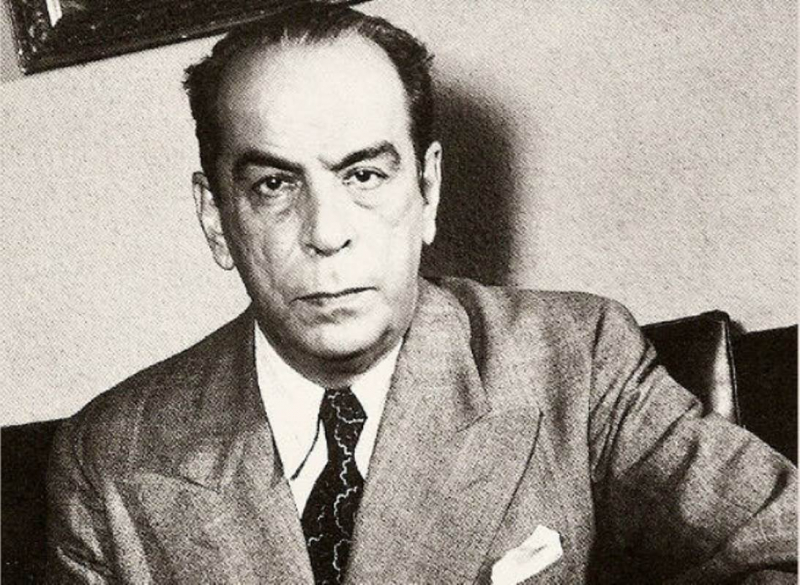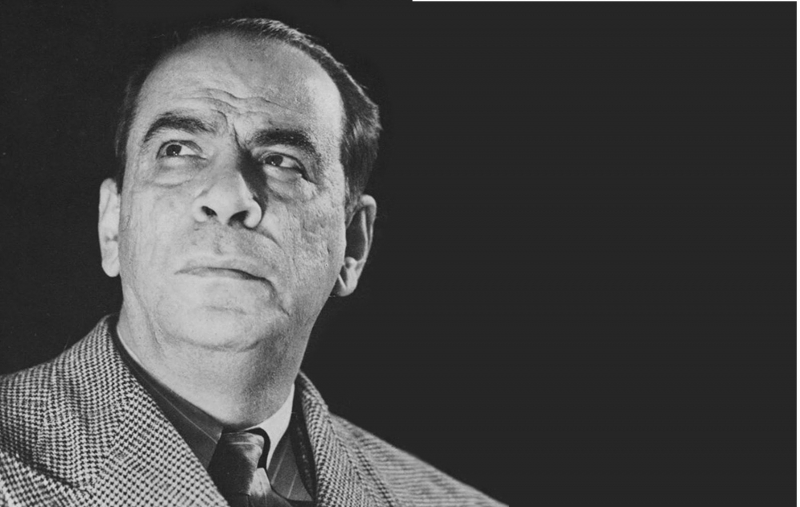Rómulo Gallegos
Rómulo Ángel del Monte Carmelo Gallegos Freire (August 2, 1884 - April 5, 1969) was a novelist and politician from Venezuela. He governed Venezuela as the country's first freely elected president for nine months in 1948. He received more than 74% of the vote, a record for a free election in Venezuela. He took office on February 15, and was notable for increasing the state's tax revenue from 43% to 50% on oil profits, a tax scheme known as "fifty / fifty," which was later replicated in several oil-producing countries such as Saudi Arabia.
Nonetheless, in the November 1948 Venezuelan coup d'état, army officers Carlos Delgado Chalbaud, Marcos Pérez Jiménez, and Luis Felipe Llovera Páez deposed him. He sought refuge in Cuba, then in Mexico. Gallegos returned to his homeland after the dictatorship of Marcos Pérez Jiménez fell in 1958. He was named a senator for life, but he no longer participated in politics.
Gallegos received the National Literature Prize (1958) and was elected to the Venezuelan Academy of the Language (the correspondent agency in Venezuela of the Spanish Royal Academy). From 1960 to 1963, he was a Commissioner of the newly formed Inter-American Commission on Human Rights (established by the Organization of American States in Washington on August 18, 1959), and he was also its first President (1960), a position he held until 1963.
Among the most important historical figures in Venezuela, Rómulo Gallegos is widely regarded as the most important Venezuelan novelist of the twentieth century, as well as a major figure in Latin American literature







